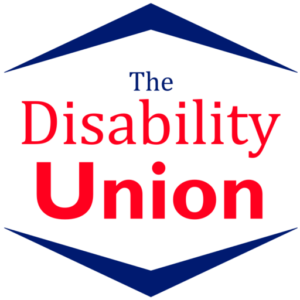By Mary Cole
Following the events of the previous year, this is inevitably a time of reflection. There is a sense that when we finally emerge from the pandemic, we can not simply return to the way things were pre-Covid. I believe this is certainly true about how society values people with Learning Disabilities.
My son is thirteen and has Down Syndrome. I am not trying to be his voice here. He has complex needs including limited speech but is (in my opinion) extraordinarily skilled at making his views known and he is loud and proud about who he is. Without realising it, he advocates daily for people with Down Syndrome simply by magnificently being himself.
Healthcare inequalities were apparent before the pandemic. Mencap’s Treat Me Well campaign of 2018 highlighted how 1200 people with a Learning Disability die avoidably each year – but there are adjustments, such as the deployment of Learning Disability Nurses that can improve healthcare outcomes significantly. The pandemic has both highlighted and exacerbated healthcare inequalities for people with Learning Disabilities.
Despite government guidance around the issuing of DNARs for people with Learning Disabilities, there was still evidence of this taking place without the knowledge or consent of patients and their families as highlighted by the Care Quality Commission in a report earlier this year. At the start of the first lockdown, it was not clear if parents would be able to accompany children needing hospital admissions. In light of this, I created a hospital passport for my son (using Mencap’s template.) It felt awful, but necessary to include a note in this to confirm we had never been consulted about and did not consent to a DNAR. A related issue was the debate around who would and would not have access to a ventilator when the hospitals were filling up with Covid patients. At the height of the pandemic, I was genuinely fearful for my son on both counts.
People with Learning Disabilities are not very visible in our society (a huge understatement.) This is significant because the result is inequality of opportunity. I have highlighted health care here, but it applies in all areas of life such as access to employment, housing, transport, and leisure. A stark example is the death rates from Covid-19 of people with Learning Disabilities. Public Health England estimated that they were six times more likely than the general population to die of Covid-19, with a staggering death rate of thirty times more for people with Learning Disabilities aged between 18-35. The disturbing aspect of this is that having a Learning Disability does not necessarily come with medical complications that would make you more vulnerable to Covid-19. Go figure.
I believe we need a seismic shift in public attitudes towards people with Learning Disabilities, backed up by legislative safeguards (both are needed). How will this happen? People with Learning Disabilities have plenty to say but there needs to be a willingness to really listen and act. The press has a responsibility to paint an accurate picture of the lives of people with Learning Disabilities. Too often it alternates between the narratives of ‘cute/inspirational’ or ‘benefit scroungers’. Neither is healthy or helpful. There needs to be far, far more representation on television and in the arts – not just sensational storylines in soap operas. Most importantly, society needs to move to a point where it is deemed unacceptable for people with Learning Disabilities to experience inequality in whatever form. This is happening with other minorities. I believe it can and must happen for people with Learning Disabilities.



